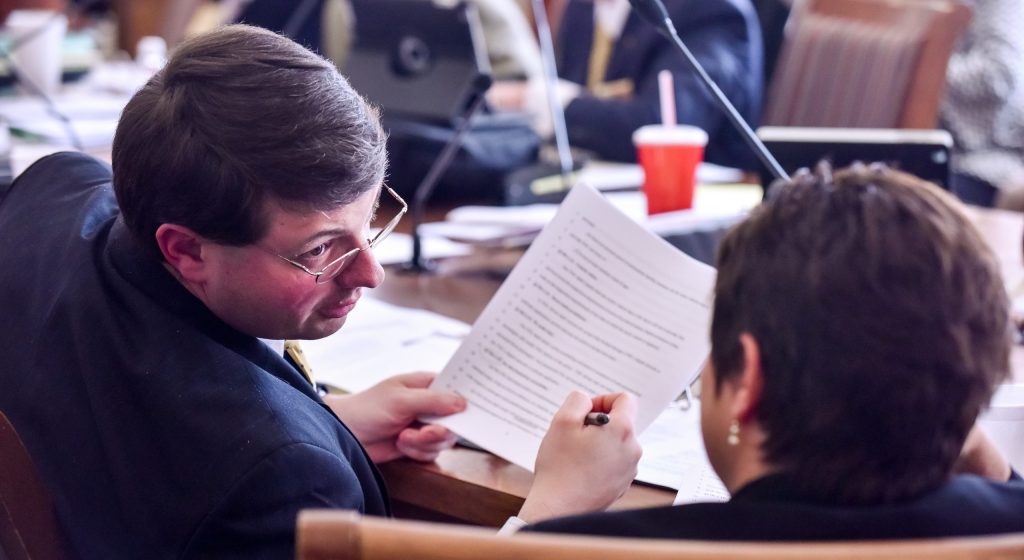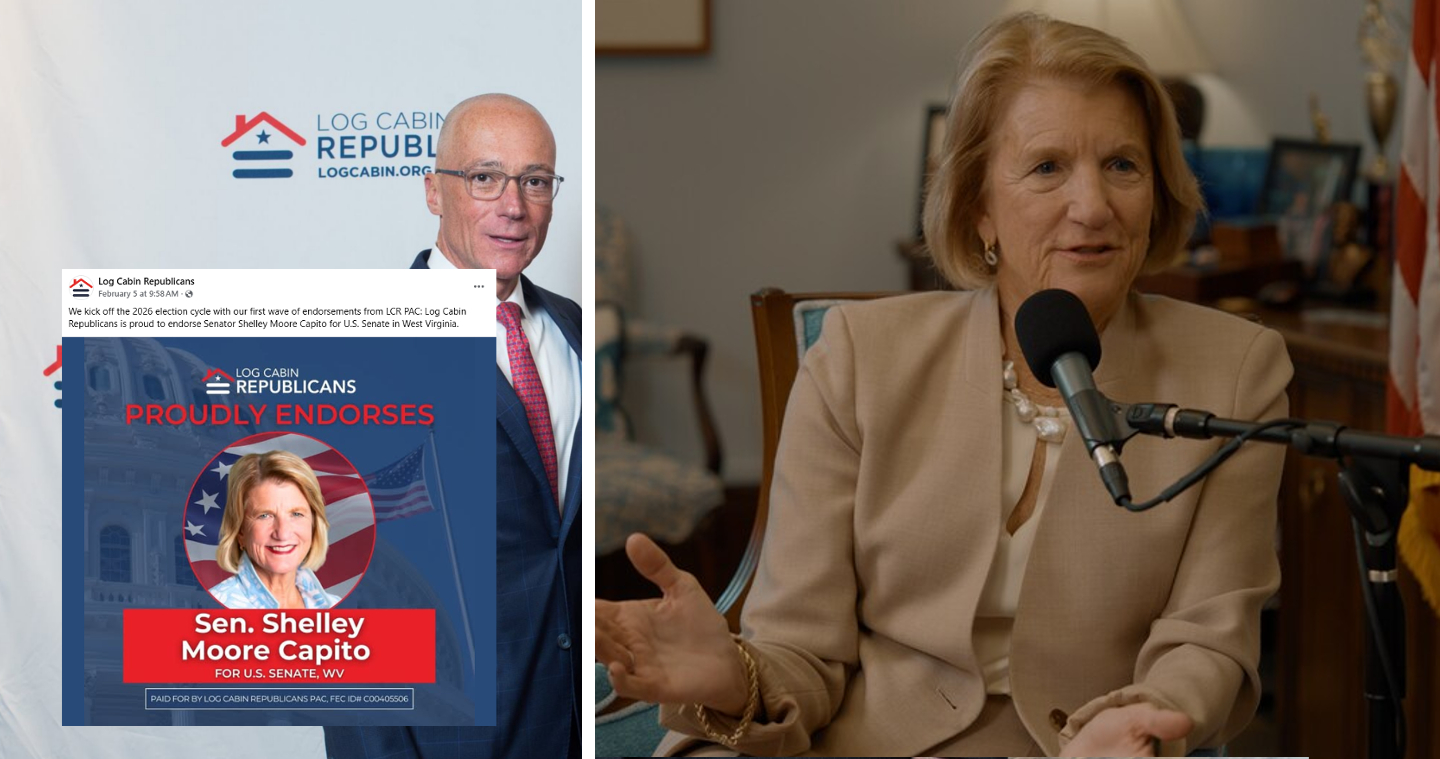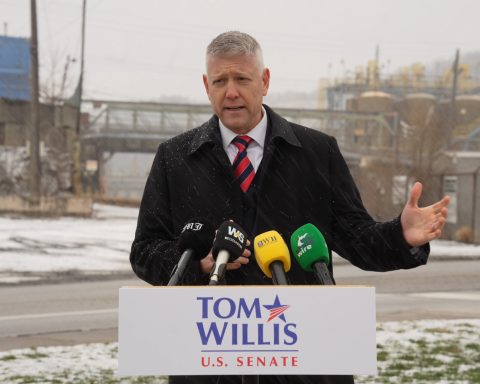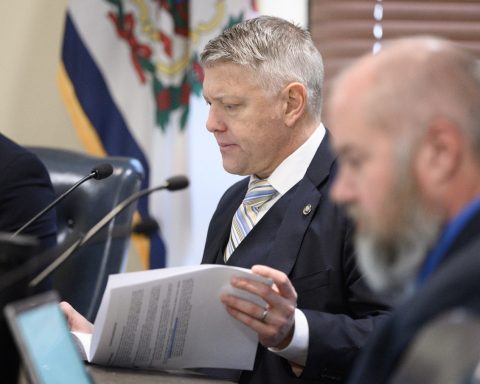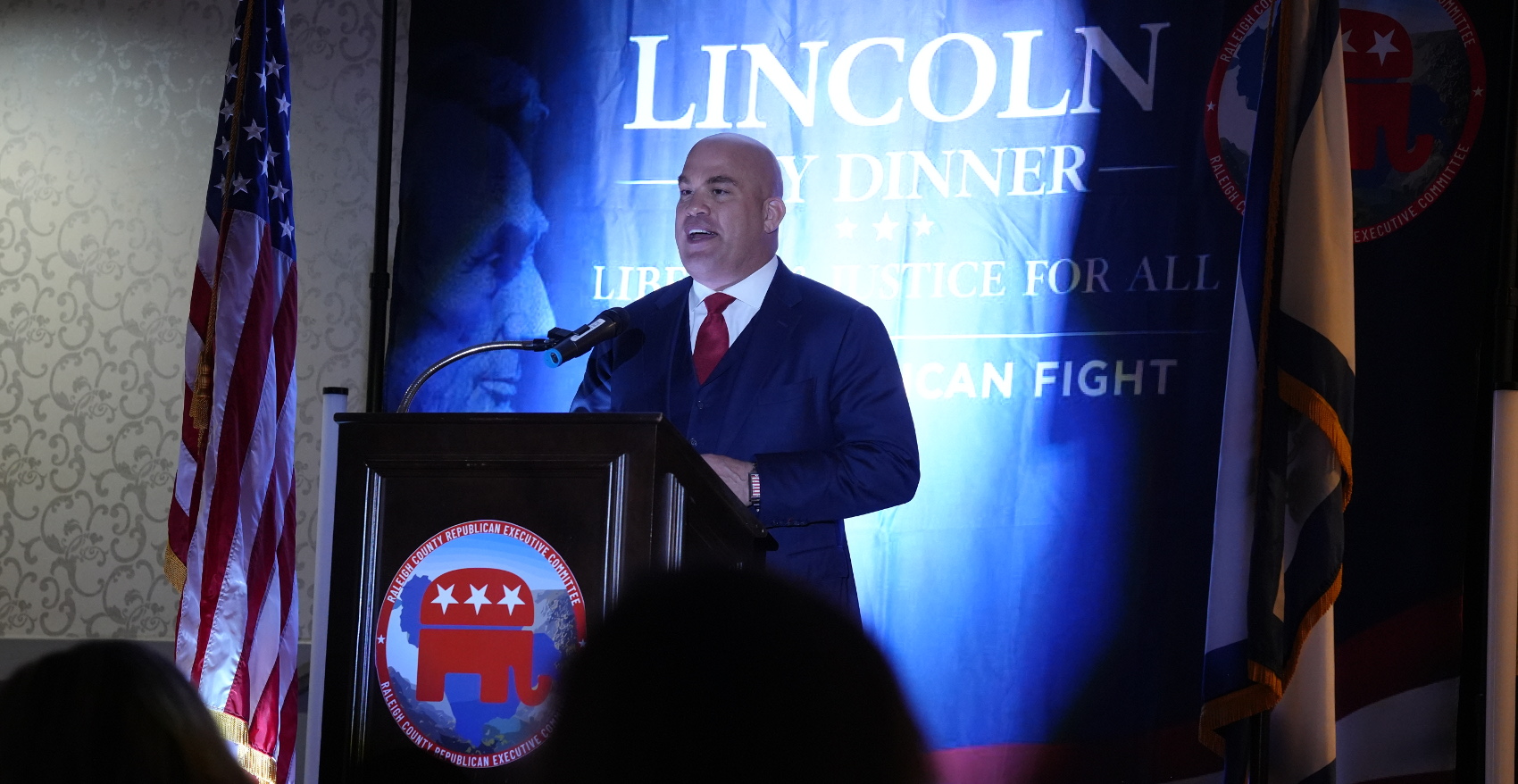CHARLESTON — As the 2025 legislative session draws to a close, House leadership is pushing forward a bill that poses a grave threat to transparency, public accountability, and the very foundation of open government. House Bill 3412, a proposal sponsored by House Speaker Roger Hanshaw, seeks to exempt the legislative branch from the West Virginia Freedom of Information Act (FOIA), a law that has safeguarded the public’s right to access government records for nearly six decades. This bill represents more than just a potentially bureaucratic shift—it is a dangerous move to shield the legislature from public scrutiny and potentially suppress vital information about the inner workings of our government.
At its core, HB 3412 hands legislators the power to decide which documents are made available to the public and which remain hidden behind closed doors. By removing the legislative branch from the reach of FOIA, this bill empowers the Speaker of the House and other legislative leaders to set their own rules regarding public records. With this level of discretion, lawmakers could easily control what the public is allowed to see, from the very decisions that shape our laws to the communications that influence them. The public’s right to know could be reduced to little more than a suggestion.
Government secrecy has long been a tool used to shield the public from uncomfortable truths, as once demonstrated during the Vietnam War. The Pentagon Papers, a classified government report detailing the U.S. political and military involvement in Vietnam, were a stark revelation of the extent to which our government has misled the public. For years, the government had kept vital information hidden, allowing policymakers to pursue an increasingly unpopular and costly war while keeping the true scope of its failure from the American people. As the Pentagon Papers showed, the Defense Department revised its war aims: “70 percent to avoid a humiliating U.S. defeat … 20 percent to keep South Vietnam (and then adjacent) territory from Chinese hands, 10 percent to permit the people of South Vietnam to enjoy a better, freer way of life.” The Washington Post’s decision to publish these documents, despite facing significant pressure, revealed how secrecy had been used as a veil to conceal the truth and manipulate public opinion. Out of the 36,578 West Virginians that served, 1,182 were killed; that is a population nearly the size of the town of Mount Hope.
In much the same way, House Bill 3412 would empower West Virginia lawmakers to decide which records are made available, potentially repeating history by allowing government actions to be hidden from those they serve. The Pentagon Papers remind us of the vital importance of transparency, and how unchecked government secrecy can erode public trust, distort our republic, and ultimately harm our state.
Proponents of the bill, including Speaker Hanshaw, insist that this is not a move to diminish transparency but rather an effort to clarify what constitutes a “legislative record.” Hanshaw argues that legislative records should not be treated the same way as those in the executive and judicial branches. He contends that HB 3412 is simply intended to better define which documents are subject to public review, not to create a “carve-out” that exempts the legislature entirely. But make no mistake—this bill is a classic carve-out, stripping away the checks and balances that have long ensured that our government operates in the light of public scrutiny.
Hanshaw’s assertion that House Bill 3412 is not a “carve-out” from the Freedom of Information Act is fundamentally misleading. In reality, the bill is a textbook example of a carve-out, and its intent is unmistakable.
At just three lines long, the bill introduces a single subsection titled “§29B-1-8. Legislative Exemption,” followed by a straightforward clause: “This article does not apply to the Legislative branch, upon its adoption of rules regulating the disclosure of public records.”
In essence, this legislation removes the legislative branch from the scope of FOIA entirely, giving the Speaker of the House and his leadership team unilateral control over which public records are disclosed. If Hanshaw were genuinely interested in transparency, the bill would be far more detailed—outlining a clear, comprehensive process for determining what records are accessible and establishing mechanisms for independent oversight. Instead, it grants unchecked power to legislative leaders, effectively allowing them to decide what the public sees and what remains hidden. This is the very definition of a carve-out, not a genuine effort to enhance transparency.
The language of the bill is unmistakably clear: It grants lawmakers the ability to regulate the disclosure of public records with no external oversight. This is not about efficiency or clarity, as Hanshaw claims, but about convenience—convenience for those in power who stand to benefit from keeping certain actions hidden from the public eye. If Hanshaw’s true intent was transparency, the bill would not have been drafted in such vague terms, nor would it leave so much power in the hands of the legislature’s leadership. Transparency would have been better served with a more detailed, comprehensive approach—one that establishes clear, objective criteria for what constitutes public information and provides independent oversight by other agencies.
The implications of this bill are far-reaching. For journalists, researchers, and the general public, the passage of HB 3412 could close off access to essential records, including emails, drafts, and meeting notes. These documents are often the key to uncovering the hidden influences that shape our laws. Without access to such records, the public would be left in the dark, unable to hold elected officials accountable for the decisions they make behind closed doors. This bill effectively removes a critical tool in the fight for transparency and, by extension, accountability in government.
Opponents of the bill, including the West Virginia Press Association, have rightly pointed out the dangers this proposal presents to open government. They warn that weakening the law would erode the public’s trust in the legislative process and reduce the public’s ability to understand how decisions are being made. This is not a theoretical concern—history has shown us time and time again that secrecy breeds corruption and undermines our republic. By limiting access to records and communications, HB 3412 could embolden those who seek to influence legislation behind the scenes with unlimited access to cash and free from the scrutiny of the public eye.
The bill would make it far more difficult for journalists and the public to investigate and expose any future misconduct, enabling lawmakers to operate in an even greater vacuum of accountability. As we have witnessed during the past year, there is currently a troubling illicit relationship between lawmakers and state grant recipients through political donations. There is no question that this bill would further hide this forbidden and malfeasant affair from West Virginians, by concealing these entities operations during the legislative session.
What’s most alarming is that this bill sets a dangerous precedent for future legislative sessions. If allowed to pass, it could signal a shift toward increased secrecy in government, emboldening lawmakers to engage in practices that undermine the principles of transparency and democratic oversight. By allowing the legislature to decide what documents are “public,” the bill effectively hands them the power to hide any information that might be politically inconvenient.
It is essential that West Virginians recognize the stakes of this legislation. The freedom of the press, a cornerstone of our republic, depends on access to government records and information. If this bill passes, the public’s ability to understand and engage with the legislative process will be severely limited. Journalists, citizens, and watchdog organizations rely on open access to government records to uncover abuses of power, expose corruption, and hold elected officials accountable. HB 3412 would silence those efforts and place the power to control information firmly in the hands of those most invested in keeping the public uninformed.
We urge lawmakers to reject HB 3412 and reaffirm their commitment to the principles of transparency and accountability. West Virginians deserve a government that operates openly, not one that hides behind opaque rules and shielded documents. It’s time to strengthen, not weaken, our transparency laws—because a government that hides its legislative actions from the people is a government that can no longer be trusted.
hb3412-intr

